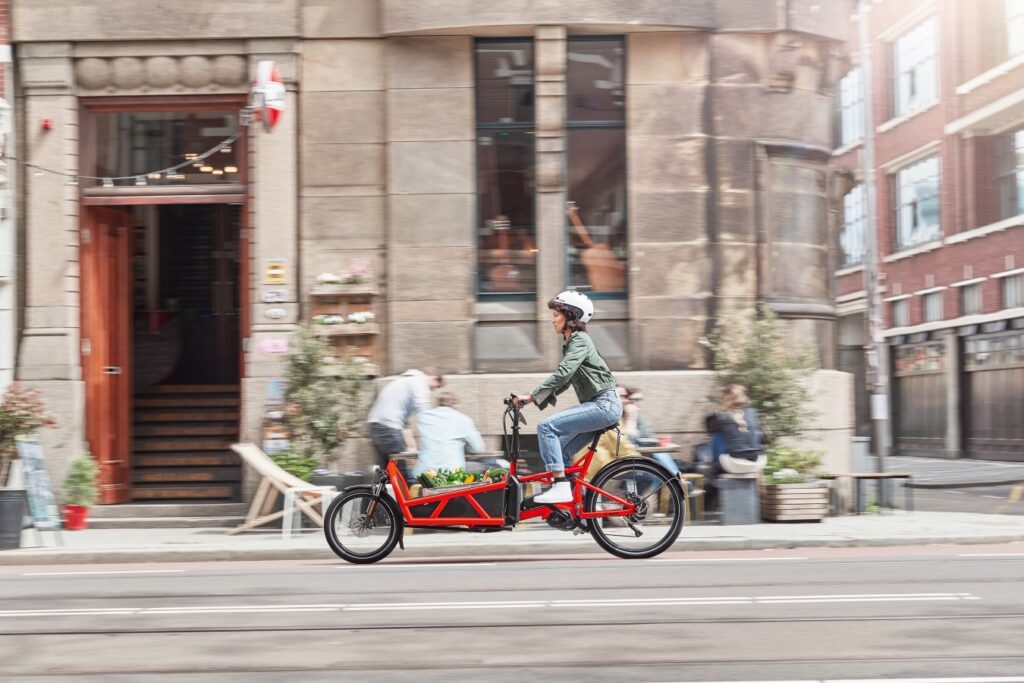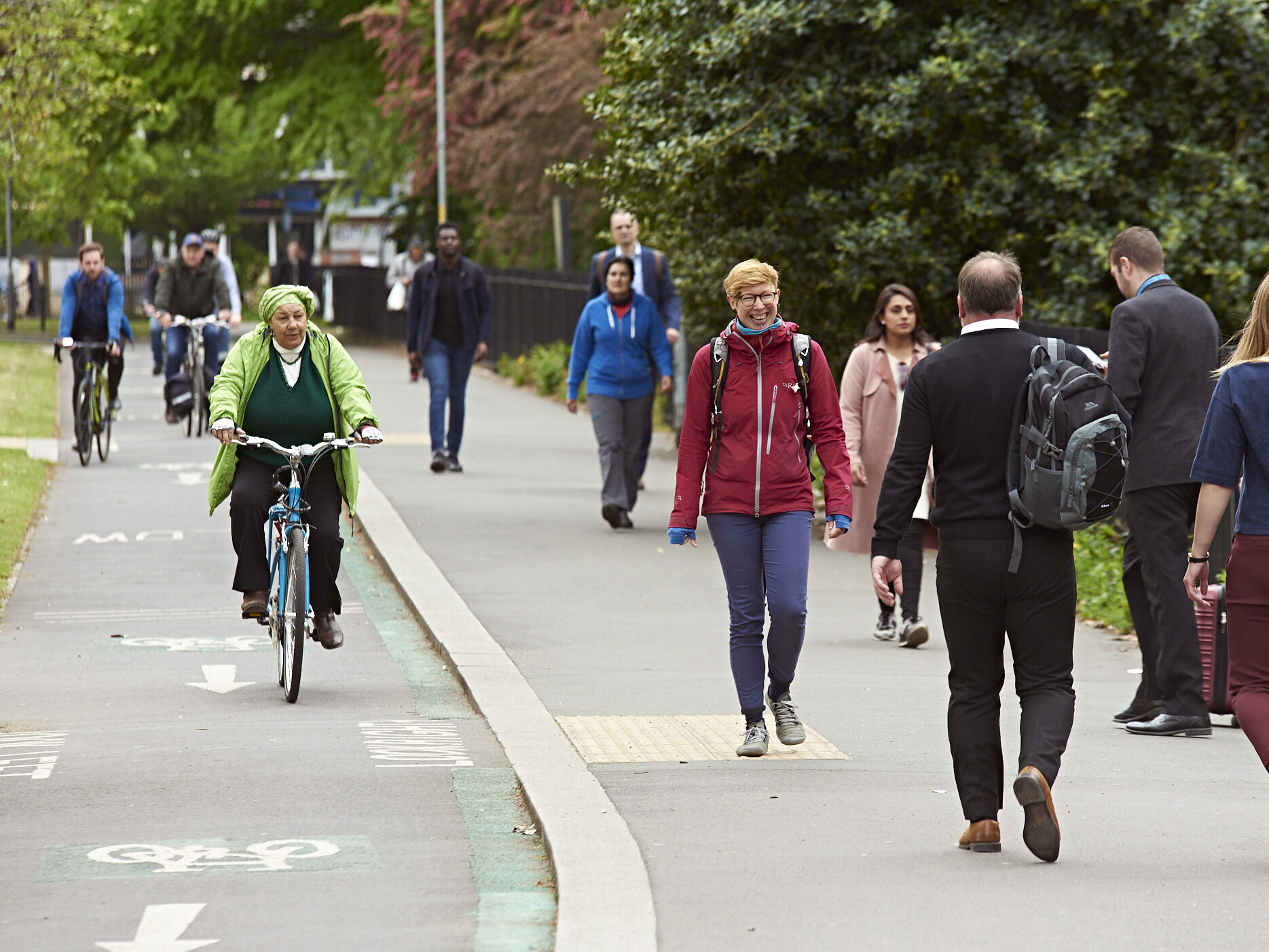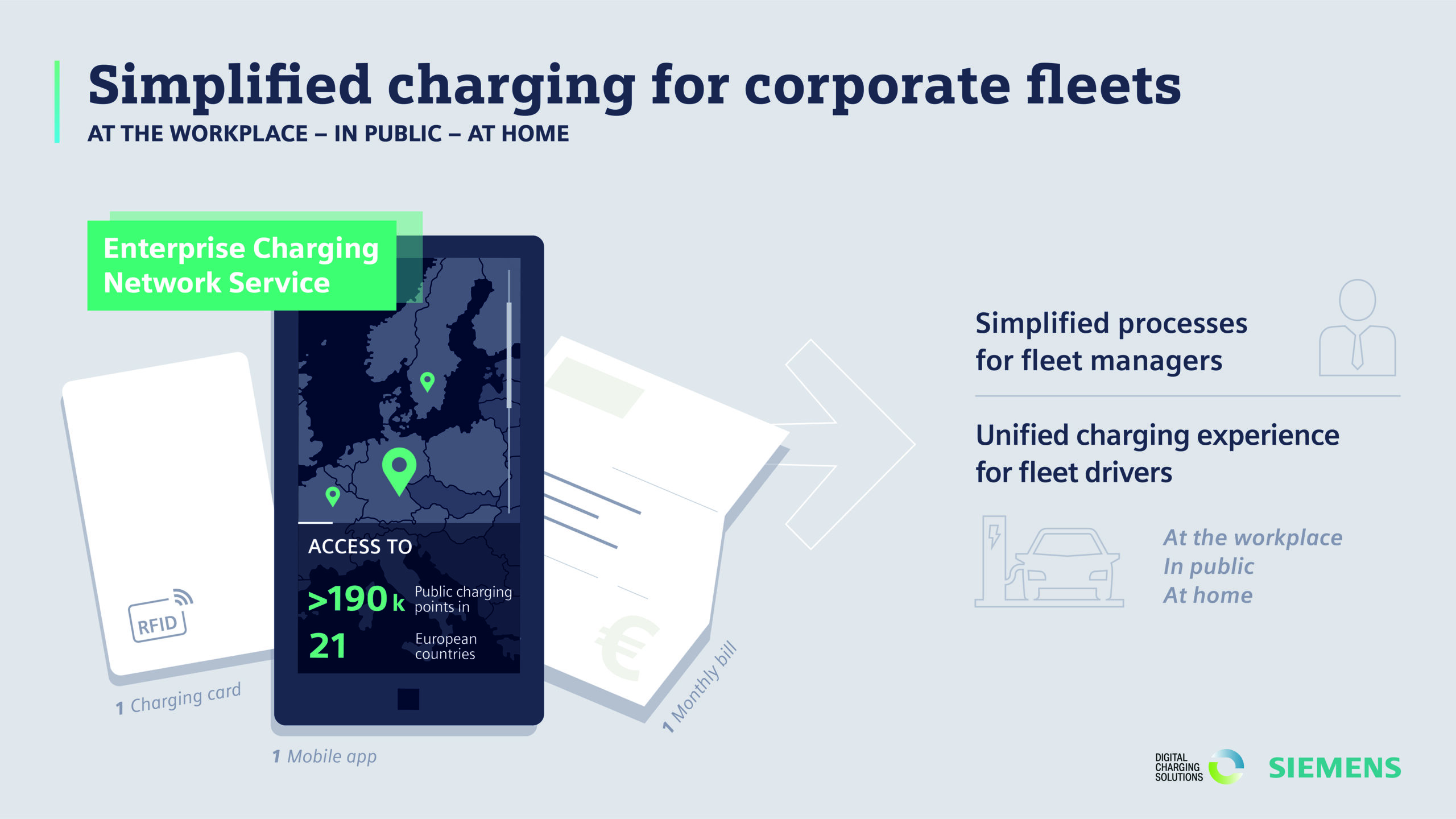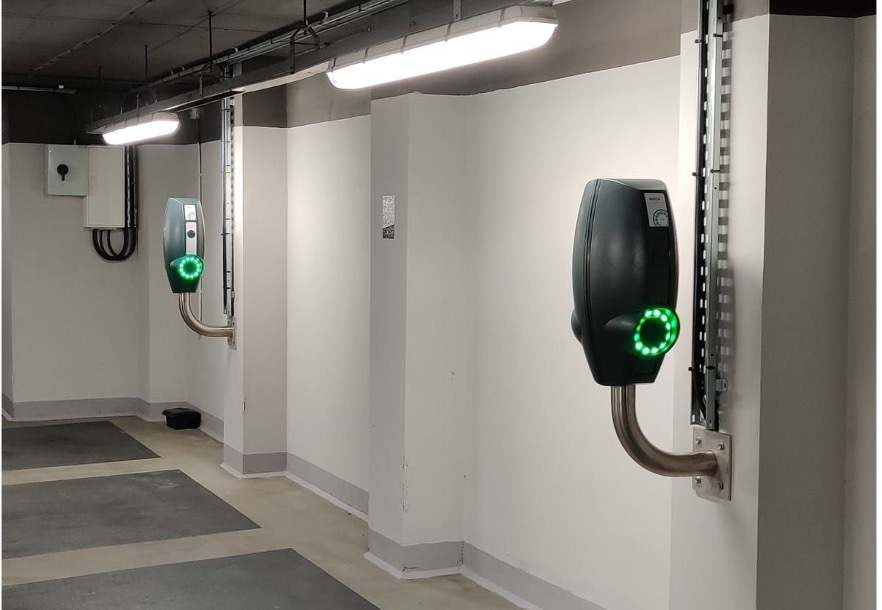Study: Germans Expect Importance of eBikes as a Means of Urban Transport to Increase
Bosch eBike Systems’ CEO Claus Fleischer Calls for a Positive and Holistic Cycling Culture
- Two thirds of people in Germany expect eBikes to gain importance in urban transport in the next five years – more than any other mode of transport
- For more than half of the people in Germany, the infrastructure is the decisive building block for more cycling
- CEO of Bosch eBike Systems – Claus Fleischer: “We can only succeed in the mobility transition if we embrace and promote a positive and holistic cycling culture – in both everyday and leisure mobility.”
64 percent of the people in Germany expect riding an eBike as a form of urban transportation to gain in importance over the next five years. This is the result of a representative survey conducted by the market research institute GfK on behalf of Bosch eBike Systems. According to the study, 54 percent and 48 percent of the people expect this to be the case for bicycles and public transport respectively – and only 21 percent for cars.
CEO of Bosch eBike Systems, Claus Fleischer, said:The Corona crisis has caused many people to rethink their mobility options, especially in cities. eBikes enable us to make our everyday lives more active, healthier and sustainable. At the same time, they are an important building block for the mobility of tomorrow, as they provide answers to central social issues such as climate change or increasing urbanisation.
The study shows that nearly 30 percent of people in Germany have used eBikes or bicycles more in the past year. This trend will continue in 2021: More than one in three plan to use their eBike or bicycle more often this year than in 2020. The growing popularity of eBikes is also reflected in purchase intentions: According to the survey, 16 percent of respondents plan to purchase their first eBike in the coming year.
Lack of Cycle Paths Hinders Sustainable Mobility
But the infrastructure, which is only inadequately geared towards cycling, discourages many people from cycling.
Fleischer, continued:In order for even more people to switch to bicycles or eBikes, the traffic space must be reallocated. For decades, the infrastructure has been geared only towards car traffic, now cyclists and pedestrians must become more of a focus.
The temporary cycle lanes created in the Coronavirus pandemic have reignited the debate about zoning competition in urban centres. According to the GfK survey, a majority of Germans are in favour of maintaining the temporary cycle paths in future. Current figures from the city of Paris, for example, show how such ad hoc measures can change mobility in cities: Six out of ten users of the temporary bike lanes in Paris are people who have not used bikes before. Since 2019, the city has relied on pop-up bike lanes and expanded them even more in the COVID-19 pandemic.

According to the GfK study, more than a third of people in Germany who do not currently cycle on a daily basis would use eBikes or bicycles more often if there were more cycle paths. The safety aspect also plays a central role in their use. In particular, the desire to have fewer cars and trucks on the roads as well as theft-proof parking spaces for eBikes and bicycles would have to be increasingly taken into account in traffic planning in order to get even more people on their bikes in everyday life.
More than half of the people in Germany therefore expect cyclists and eBike riders in particular to benefit from future infrastructure measures. An expectation that is shared by the majority of residents of all sizes of communities – and is echoed in the federal government’s €660 million ‘City and Country’ investment programme launched in early February for new bike paths, bike lanes and to promote cargo bike transport.
Fleischer, added:In recent years, there has been some progress in the promotion of cycling - but it is not enough. The infrastructure lags far behind the demand, because the planning and approval procedures in Germany take far too long. However, we can only successfully shape the mobility revolution if we embrace and vigorously promote a positive and holistic cycling culture. This applies to mobility in everyday life, but also for leisure rides or excursions at the weekend. The promotion of cycling must not stop at the edge of the forest. After all, those who ride a bike in their free time also use it more in their everyday life and vice versa.
The representative survey by GfK on behalf of Bosch eBike Systems was conducted in December 2020. Approximately 1,000 men and women between the ages of 18 and 74 in the Federal Republic of Germany were surveyed online.
This article was originally published by Robert Bosch GmbH.
















